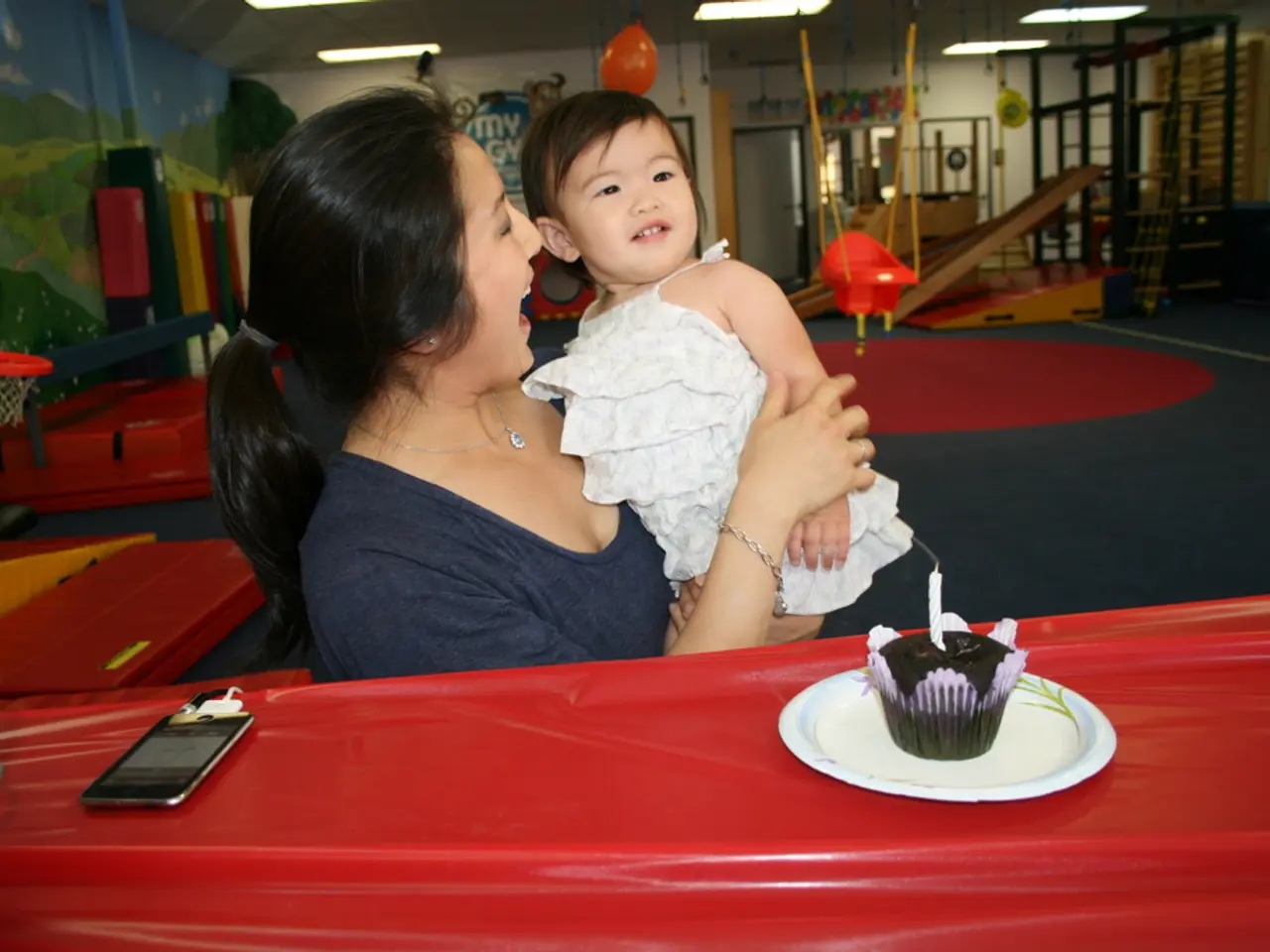Impact of Cultural Practices on Early Childhood Development in Nigeria
In Nigeria, a diverse nation with over 250 ethnic groups, cultural influences play a significant role in shaping the lives of infants from an early age. These influences provide Nigerian babies with a strong sense of identity and belonging, as they learn about their cultural heritage and values.
One of the key practices that impact baby development and parenting styles is the traditional use of alcohol for soothing babies. In parts of southern Nigeria, it is a common cultural practice for mothers and caregivers to give babies and toddlers small amounts of alcoholic drinks to calm them or induce sleep. While rooted in tradition, this practice poses serious health risks and is increasingly recognized as a form of child abuse by experts.
Nigerian parenting is typically centered on mothers as the primary providers of "nurturing care," including feeding, hygiene, protection, and cognitive stimulation during early childhood. Fathers generally have a less active role in direct childcare, consistent with traditional household specialization models where men engage in external labor and women focus on home production and childcare. However, this pattern is gradually shifting as social-economic conditions evolve.
Pregnant women in Nigeria often follow longstanding cultural customs, such as abdominal massages and strict dietary restrictions, which influence fetal development and maternal health. Some of these practices, while culturally significant, can contribute to maternal and infant mortality when they conflict with medical advice.
Child-rearing practices frequently involve input and caregiving from relatives beyond the nuclear family, reflecting the communal nature of Nigerian society. This extended support system affects parenting styles and developmental environments.
Superstitions and beliefs, such as accusations of witchcraft against certain children, especially those with disabilities, may lead to neglect or abuse in some communities, profoundly impacting child development and well-being.
While some cultural practices foster close-knit community support and emotional bonding, others like early exposure to alcohol and harmful traditional pregnancy practices have significant negative effects on baby development and parenting outcomes in Nigeria. Awareness and education campaigns aim to modify risky behaviors while respecting cultural contexts.
Exposure to diverse cultural experiences positively impacts a child's adaptability and empathy. Learning about cultural roots empowers parents to pass down meaningful traditions. Acknowledging and embracing cultural influences in Nigerian baby development is pivotal.
Nigeria's rich and diverse culture, encompassing unique customs, languages, and traditions, also offers numerous benefits. Art, music, and storytelling traditions foster creativity and imagination. Concepts like communal child-rearing instill a sense of collectivism and interdependence from an early age.
Gender roles are prevalent in Nigerian society, with distinct expectations for boys and girls. Understanding cultural influences aids in creating responsive and inclusive caregiving environments.
Parents are urged to explore their heritage and understand how it shapes their parenting. Exposing children to diverse customs enhances adaptability and promotes open-mindedness. Embracing cultural diversity enriches a child's worldview and fosters inclusivity.
Western culture has had a significant influence on Nigerian society, impacting the development of babies. However, it is essential to maintain a balance between traditional practices and modern methods to ensure the best outcomes for infants.
Resources like "Parenting in the Digital Age" and "Raising Financially Smart Nigerian Kids" provide guidance on tech use, safety, education, and entrepreneurship for modern families. These e-books offer practical advice for parents navigating the challenges of raising children in the 21st century while respecting and preserving cultural values.
In conclusion, cultural influences significantly shape a child's cognitive, emotional, and social development in Nigeria. Acknowledging and embracing these influences is crucial for creating nurturing and supportive environments for babies and children.
- The traditional practice of giving babies alcoholic drinks in southern Nigeria, despite being deeply rooted in culture, poses severe health risks and is recognized as a form of child abuse by experts.
- In Nigerian parenting, mothers typically take on the primary role in providing nurturing care for babies, while fathers have a less active role as caregivers.
- Cultural customs, such as abdominal massages and dietary restrictions during pregnancy, significantly impact fetal development and maternal health in Nigeria, even though some of these practices may conflict with medical advice.
- Extended family members often participate in child-rearing practices in Nigeria, reflecting the communal nature of the society and affecting parenting styles and developmental environments.
- Superstitions and beliefs, like accusations of witchcraft against certain children in some communities, can lead to neglect or abuse and have a profound impact on child development and well-being.
- A diverse cultural environment in Nigeria can provide numerous benefits to a child, including increased adaptability, empathy, creativity, and a stronger sense of community and interdependence.
- Gender roles play a significant part in Nigerian society, leading to distinct expectations for boys and girls, which should be understood to create responsive and inclusive caregiving environments.
- Parents in Nigeria are encouraged to explore their heritage and understand how it shapes their parenting, as this can enhance adaptability and promote open-mindedness in children.
- Balancing traditional practices with modern methods is vital for ensuring the best outcomes for infants in Nigeria, as Western culture continues to have a substantial influence on society.
- Helpful resources like "Parenting in the Digital Age" and "Raising Financially Smart Nigerian Kids" offer practical advice on tech use, safety, education, and entrepreneurship, aiming to guide parents navigating the challenges of modern family life while preserving cultural values.




